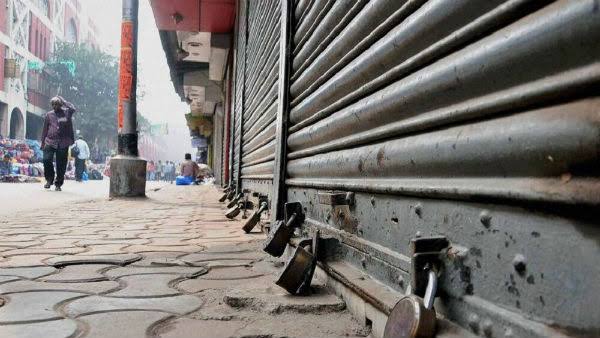In a significant show of dissent, over 25 crore workers from diverse sectors including banking, insurance, postal services, coal mining, transport, and manufacturing are expected to participate in a nationwide general strike on Wednesday. The protest, dubbed a ‘Bharat Bandh’, has been called by a joint platform of 10 central trade unions.
The strike is aimed at opposing what unions describe as “anti-worker, anti-farmer, and pro-corporate” policies pursued by the central government. After months of mobilising support across both formal and informal sectors, the unions have urged workers across India to ensure the strike’s success.
Amarjeet Kaur of the All India Trade Union Congress (AITUC) stated that alongside the industrial workforce, farmers and rural workers are also preparing to join demonstrations across the country. The strike is expected to disrupt critical public services and operations in several industries.
“Key sectors like banking, postal services, coal mining, factories, and state-run transport services will be hit,” said Harbhajan Singh Sidhu of the Hind Mazdoor Sabha.
Central to the protest is a 17-point charter of demands submitted to Labour Minister Mansukh Mandaviya last year. Union leaders allege the government has neither responded to these demands nor held the Indian Labour Conference for a decade, reflecting what they call a continued disregard for the working class.
In a joint statement, the union forum criticised the government’s introduction of four new labour codes, claiming they undermine labour rights by extending working hours, curtailing collective bargaining powers, weakening trade unions, and reducing employer accountability under existing laws.
“The government has completely shifted from its responsibility as a welfare state, and its policy direction clearly favours both Indian and foreign corporates,” the statement read.
Union leaders further accused the Centre of aggressively pushing for privatisation, outsourcing, and contractualisation of jobs in public sector undertakings and services.
According to the unions, the recently passed labour codes are intended to dismantle the trade union movement, limit the right to strike, and even decriminalise employer violations of labour laws.
The strike has received backing from the Samyukta Kisan Morcha and several agricultural workers’ unions, who have announced plans to hold large-scale demonstrations in rural areas.
Similar nationwide strikes were organised previously on November 26, 2020, March 28–29, 2022, and February 16 earlier this year, as the workers’ movement continues to gain momentum across the country.



